Search Results
Showing results 141 to 160 of 1740
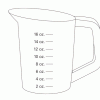
Using Food Labels
Source Institutions
In this nutrition activity, learners explore food labels and consider the nutritional value of foods. Learners also explore units of measurement commonly used on food labels.
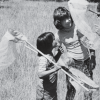
Animal Diversity
Source Institutions
In this outdoor activity, learners find, count and compare as many different kinds of animals as they can find in two different areas: a managed lawn and a weedy area.
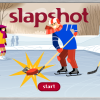
Slap Shot
Source Institutions
How quick are your reflexes? In this online game, you are a hockey goalie defending quick slap shots. Learn about reaction time, muscle memory, and reflexes.
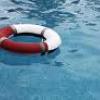
Oh Boy Buoyancy
Source Institutions
In this physics activity, learners will explore the concept of buoyancy, especially as it relates to density.
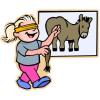
The Space Place
Source Institutions
In this activity (23rd on the page), learners conduct an experiment to examine memory and learning.

Carbon Sequestration
Source Institutions
In this inquiry-based lesson, learners measure the biomass of trees, calculate the carbon stored by the trees, and use this information to create recommendations about using trees for carbon sequestra
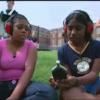
Extreme Sounds
Source Institutions
This activity (on page 2 of the PDF under SciGirls Activity: Extreme Sounds) is a full inquiry investigation into sound.
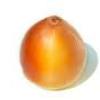
DNA From an Onion
Source Institutions
In this genetics activity, learners extract DNA from an onion, using detergent solution, a food processor, and rubbing alcohol. They will also discuss genetic engineering of plants.
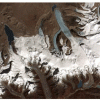
Earth's Energy Cycle: Albedo
Source Institutions
In this activity, learners experiment and observe how the color of materials that cover the Earth affects the amounts of sunlight our planet absorbs.
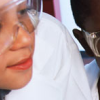
DNA Modeling Activity
Source Institutions
Using pipe cleaners, straws, and beads, learners explore the building blocks of life by creating their own model of DNA.
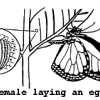
Rearing Monarchs
Source Institutions
As a long-term project, you can rear monarch butterflies at home or in a classroom.
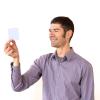
Blind Spot
Source Institutions
In this activity, learners conduct a simple test to find their blind spot.

Gummy Shapes
Source Institutions
In this activity, learners use chemistry to “self-assemble” gummy shapes. Learners discover that self-assembly is a process by which molecules and cells form themselves into functional structures.

Shape Up!
Source Institutions
In this activity (25th on the page) about learning and memory, learners explore a training method that animal trainers employ called "shaping." Working in pairs, learners will attempt to "shape" each
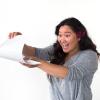
Cylindrical Mirror
Source Institutions
In this activity, learners create a cylindrical mirror to see themselves as others see them.
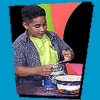
Super Sounding Drum
Source Institutions
In this activity, learners construct drums out of everyday containers (like bowls or food containers) and shrink wrap. Learners use a hair dryer to affix and tighten the shrink wrap to the container.
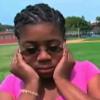
Screaming Balloon
Source Institutions
In this quick activity (page 1 of the PDF under SciGirls Activity: Extreme Sounds) about sound vibrations, learners will investigate which small objects, such as coins, hex nuts, or marbles, produce t
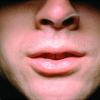
Vibrant Cords
Source Institutions
In this activity, learners will explore how the voice works and feel the vibrations produced by vocal cords.
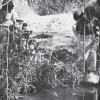
Crawdad Grab
Source Institutions
In this outdoor, freshwater activity, learners explore the behavior and food preferences of crawdads (or crabs) by "fishing" for them with various baits.
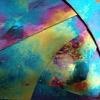
Iridescent Art
Source Institutions
This is a quick activity (on page 2 of the PDF under Butterfly Wings Activity) that illustrates how nanoscale structures, so small they're practically invisible, can produce visible/colorful effects.
